The attic archives Oregonian collection of RM Parish continues to provide us with a slightly warped (literally and figuratively) view of 1940. For those into numbers, the information we’re about to share was published nearly 75 years ago.
As you’ve been reading since we began this series, life was very different back when Franklin Delano Roosevelt (FDR) was President. It was also, as evidenced by today’s Flashback, very much the same.
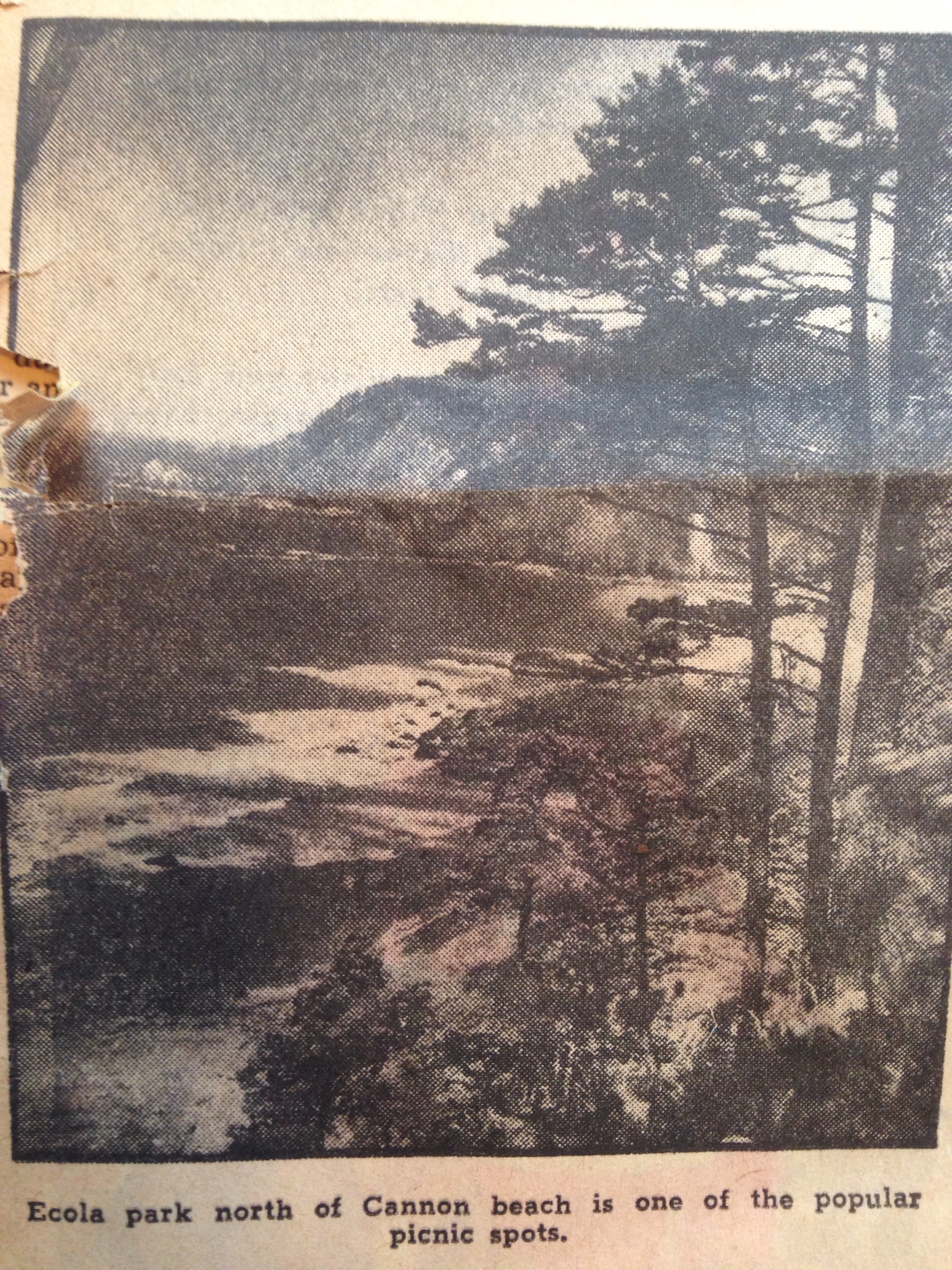
Before Patagonia, Winnebago, GORE-TEX, microfibers, recycled polyester, water purifiers, smart phone campground apps, etc., etc., and so on — residents of the Great Pacific Northwest cherished their leisure time in our great outdoors.
Humble Picnic Entices 1,000,000 Customers
Neal Jones, a Staff Writer for the Oregonian, shared some impressive statistics in a story that featured a word in the subheading he may have made up for the occasion: “Motorloggers.” Guessing here Mr. Jones was describing those who drove their cars to campgrounds in the 1940’s.
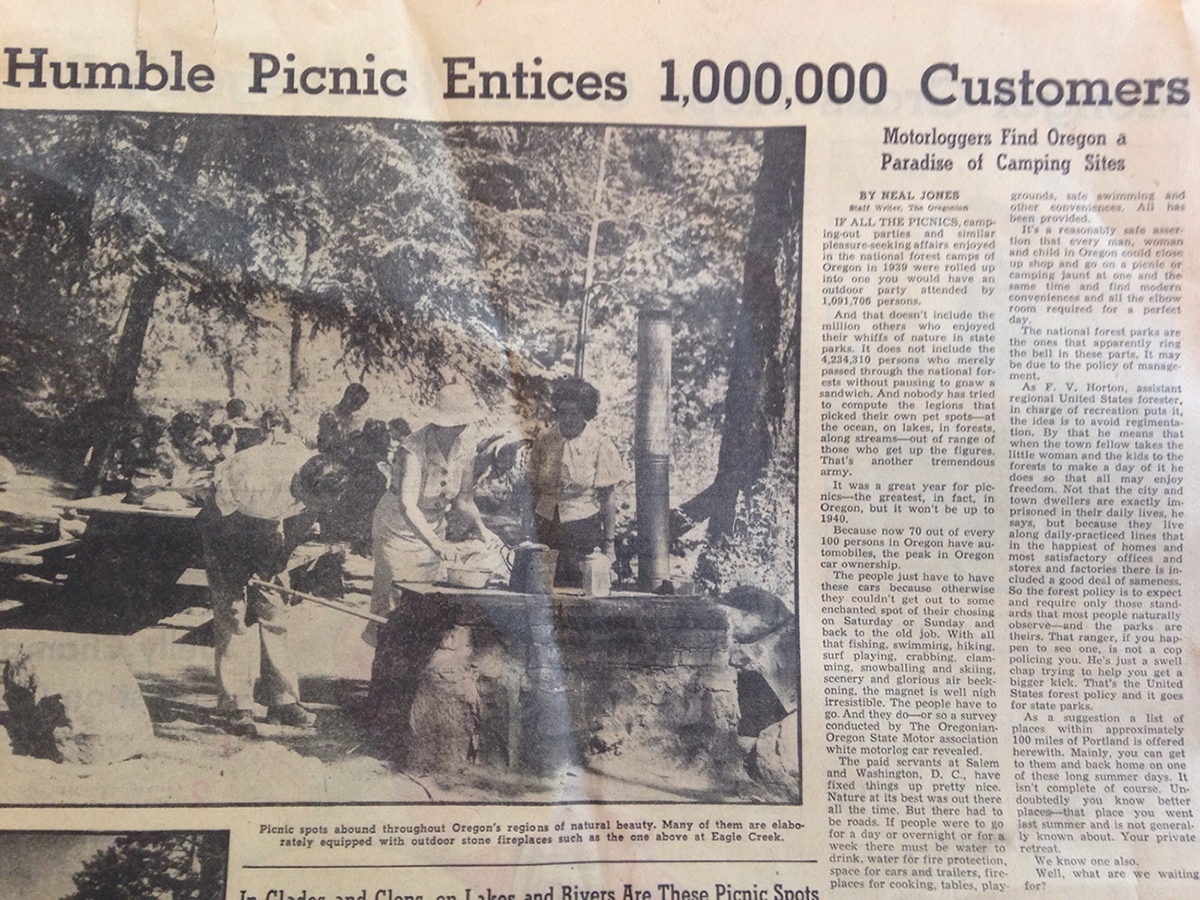
A quick Google search of “Motorloggers” revealed next to nothing about the term; although “Motovloggers” are daring (some would say foolish) individuals who shoot video from their motorcycles and bikes.
[youtube id=”ntGqoCESW3o”]
Oregon is a Paradise for Camping Sites
For Motorloggers, Mr. Jones wrote, “Oregon is a paradise of camping sites.” His lead paragraph cited some impressive statistics complied in 1939. “If all the picnics, camping-out parties and similar pleasure-seeking affairs enjoyed in the national forest camps of Oregon in 1939 were rolled up into one you would have an outdoor party attended by 1,091,706 persons.” He went on to explain that number would be even higher if another million Motorloggers who “enjoyed their whiffs of nature in state parks” were included in the total.
It seems 1940 Oregonians loved beautiful scenery and fresh air for the same reasons we are in 2014. In his article, Mr. Jones interviewed F.V. Horton, the Assistant Regional United States Forester in Charge of Recreation. Mr. Horton described why people then (and now) are/were drawn to the great outdoors: “When the town fellow takes the little woman and the kids to the forest to make a day of it he does so that all may enjoy freedom. Not that city and town dwellers are exactly imprisoned in the daily lives.”
Tips for the Camper
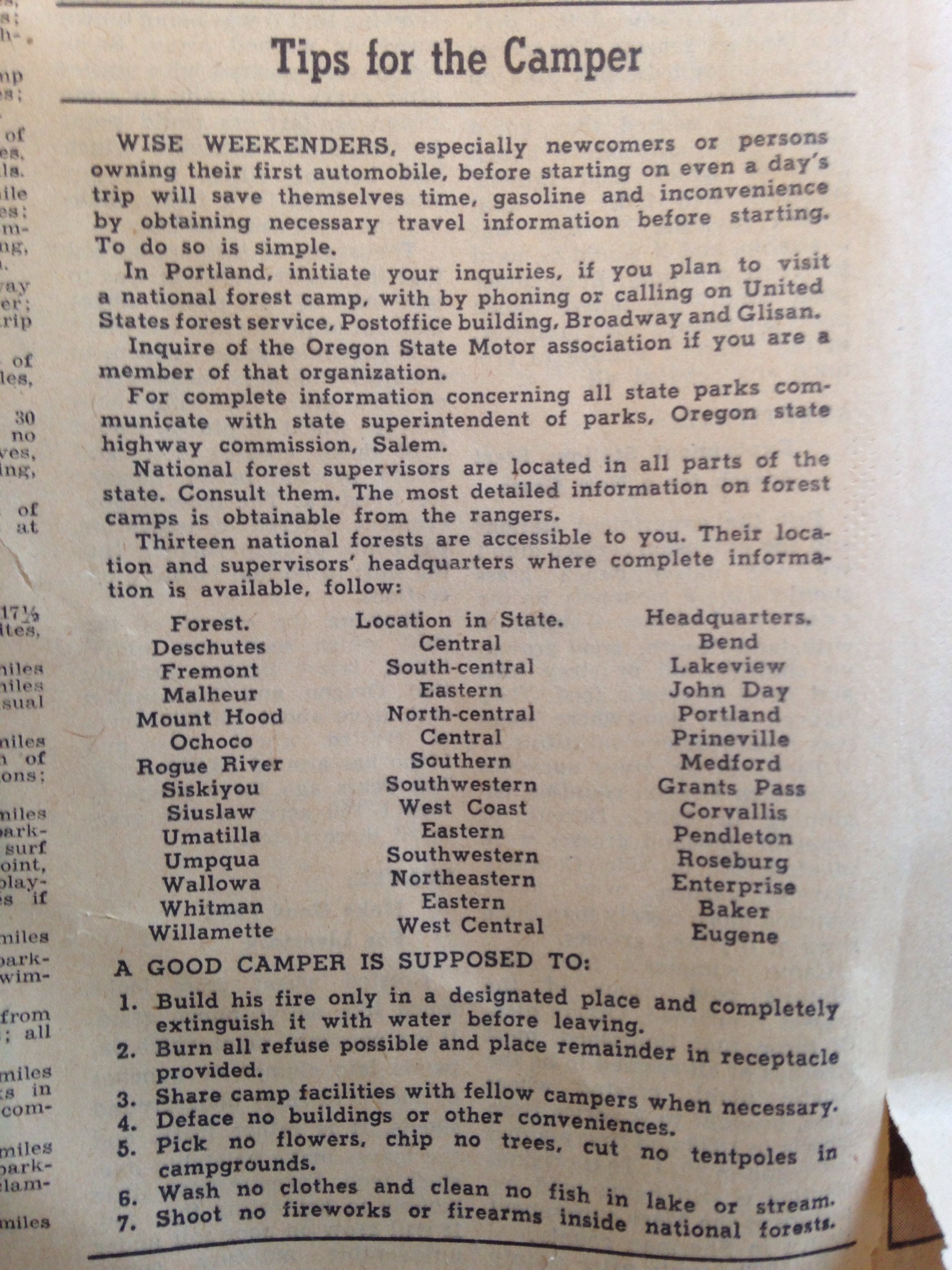
Accompanying Mr. Jones’ story were seven suggestions about how to be a “good camper.” Most of these tips are as relevant today as they were in 1940.
- Build fires only in designated places and completely extinguish it with water before leaving.
- Burn all refuse possible and place remainder in receptacle provided (not sure about this one).
- Share camp facilities with fellow campers when necessary.
- Deface no buildings or other conveniences.
- Pick no flowers, chip no trees, cut no tent poles in campgrounds.
- Wash no clothes and clean no fish in lake or stream.
- Shoot no fireworks or firearms inside national forests.
Pacific Northwest Region, U.S. Forest Service
Oregon Parks and Recreation
So — what are you Wise Weekenders waiting for? Get out there and take a whiff of nature! Escape from the prison of your daily lives!
Motorlog to the enchanted spot of your choosing.
7 Wonders of Oregon
[youtube id=”g9vrNRAqEkU”]
- A Very New Pickathon in 2022 - August 13, 2022
- Pickathon returns to Pendarvis Farm! It’s not just the artists that’ll be new. - August 3, 2022
- July is BIPOC Mental Health Awareness Month (Black, Indigenous, Persons of Color) - July 14, 2022


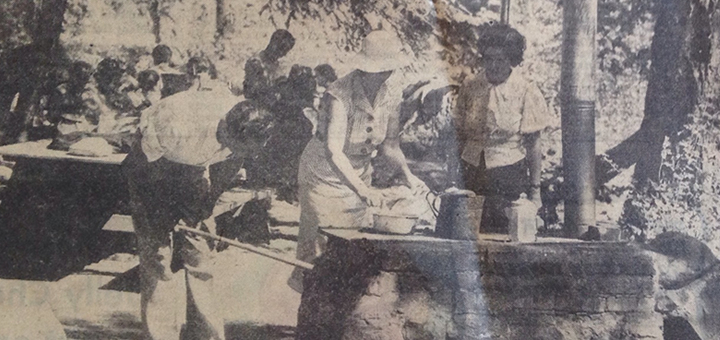
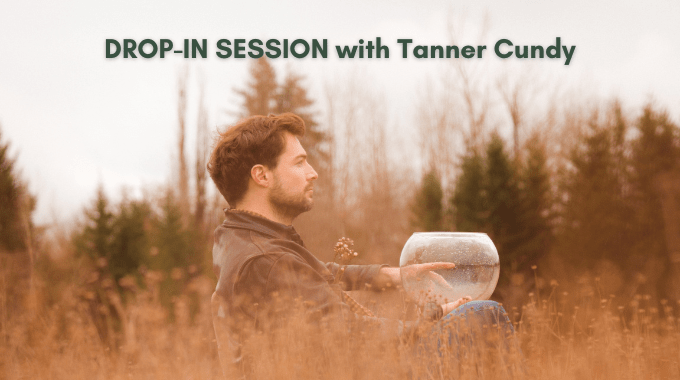

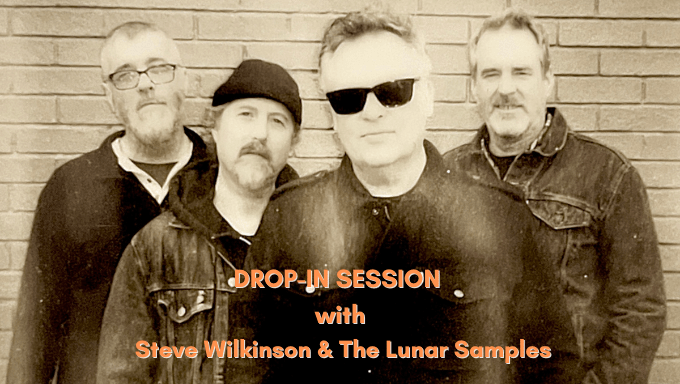

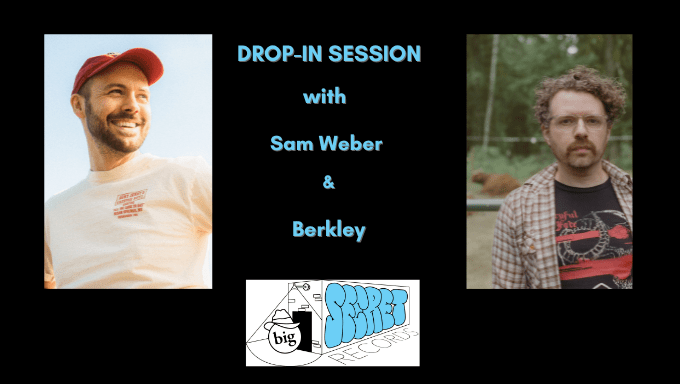
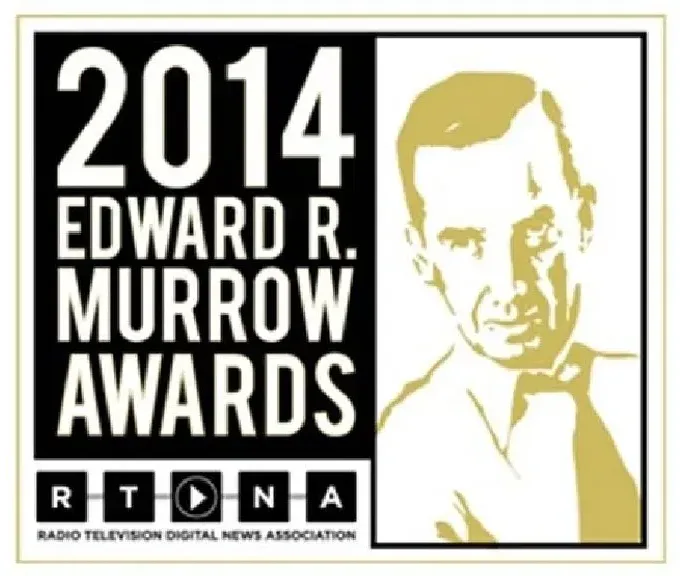
So interesting how we have THE SAME camping rules today as we did seven decades ago. Hope people remember them as we head into Mem Day weekend, and summer in general. RM and Robert, great stuff!